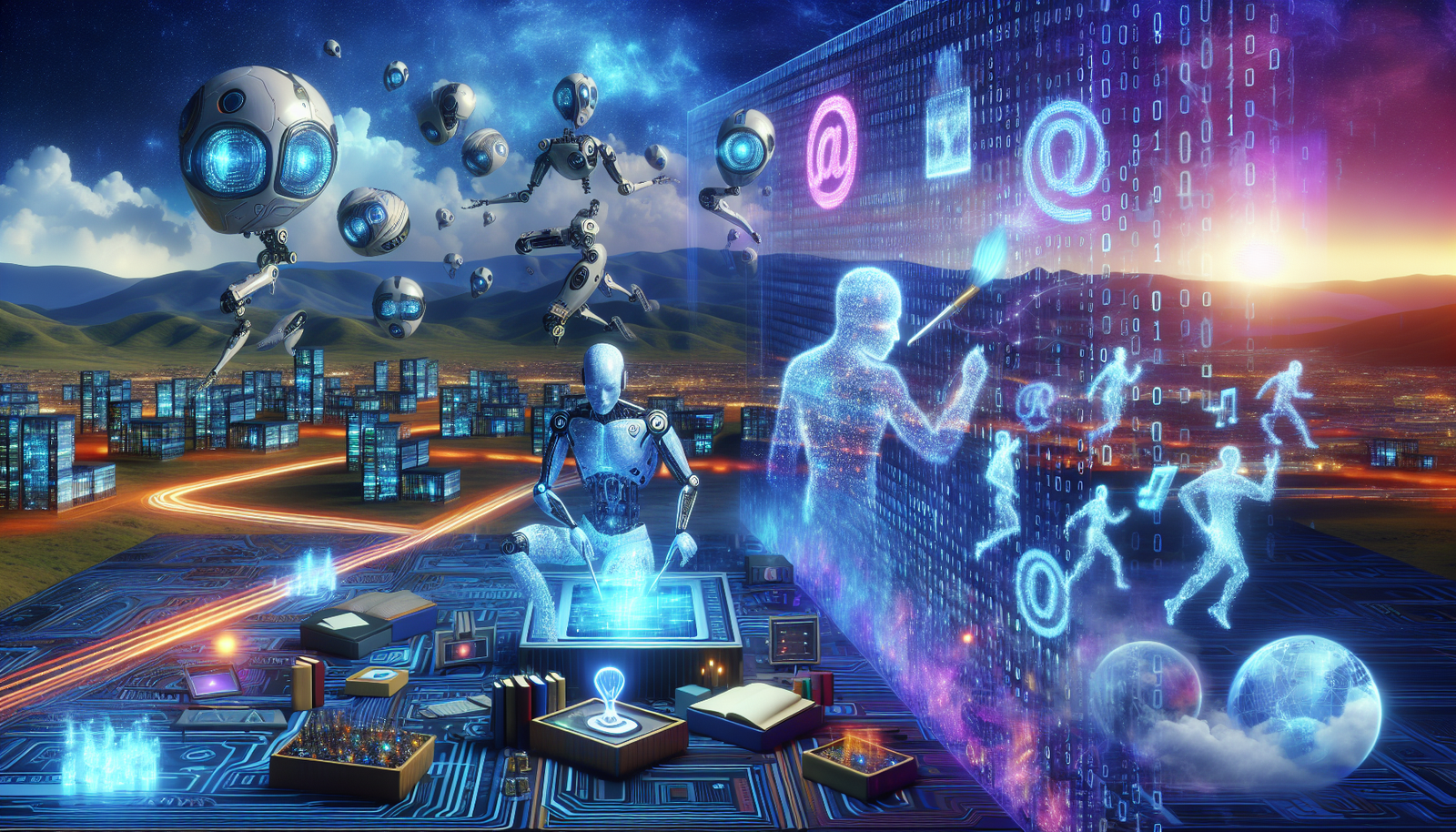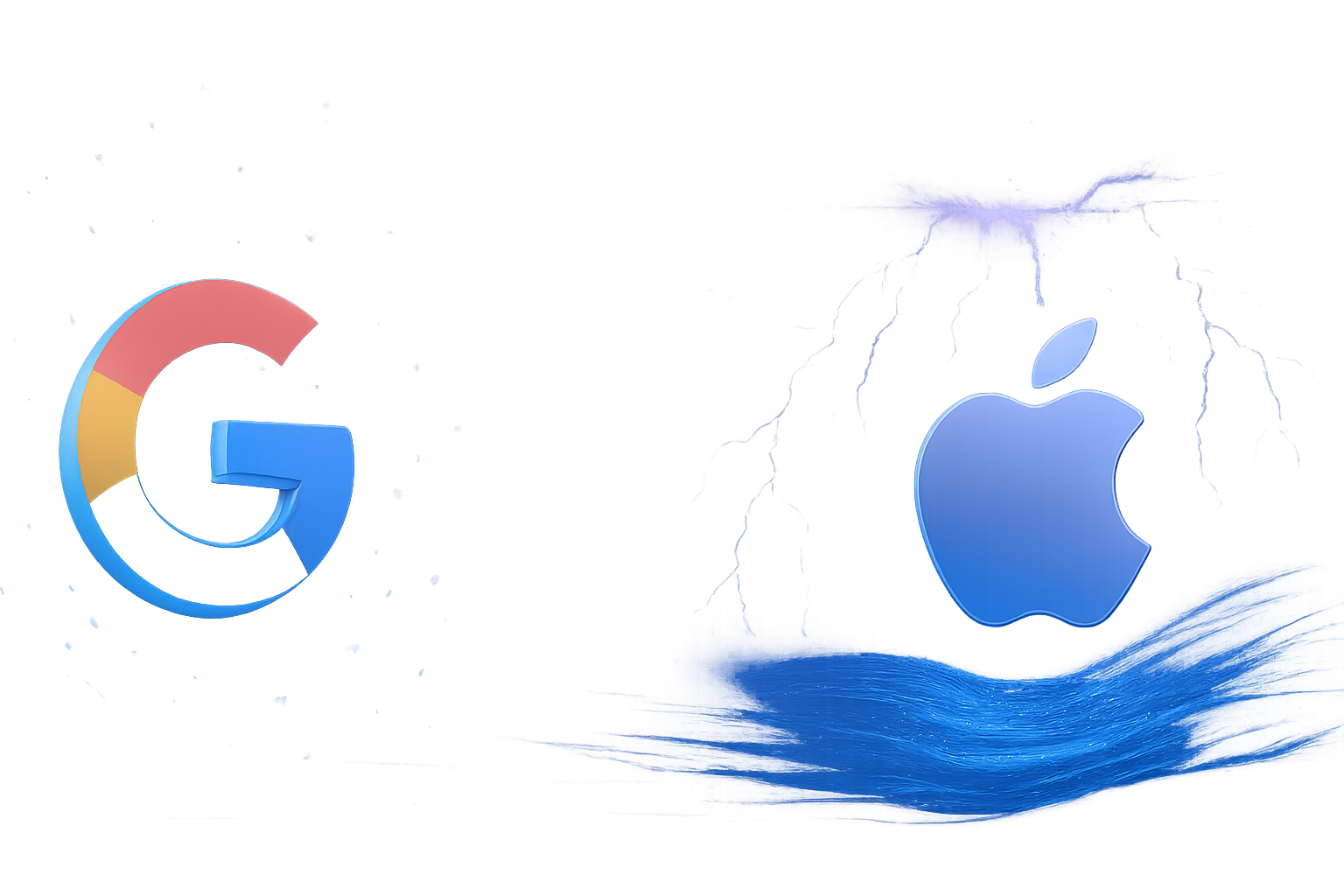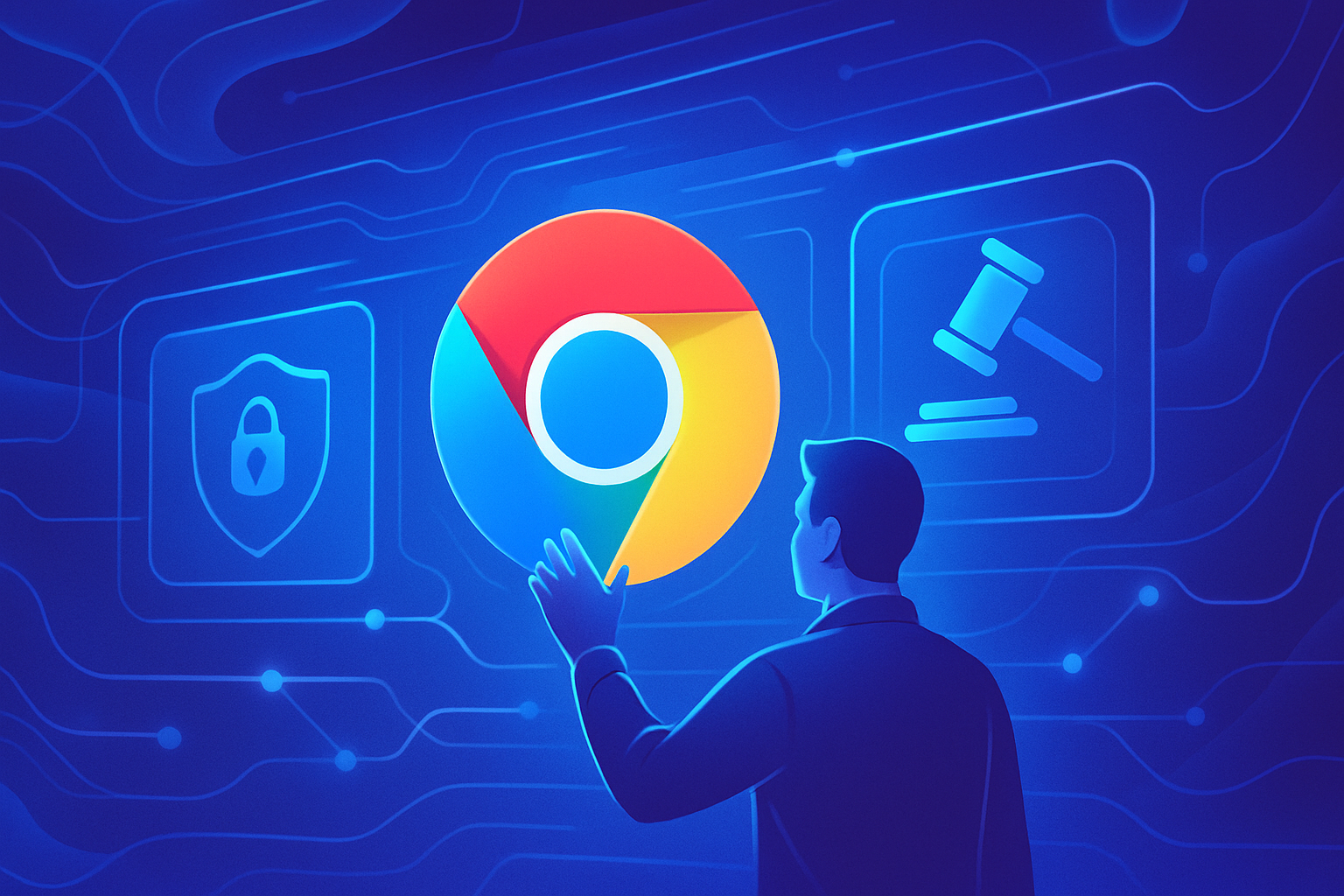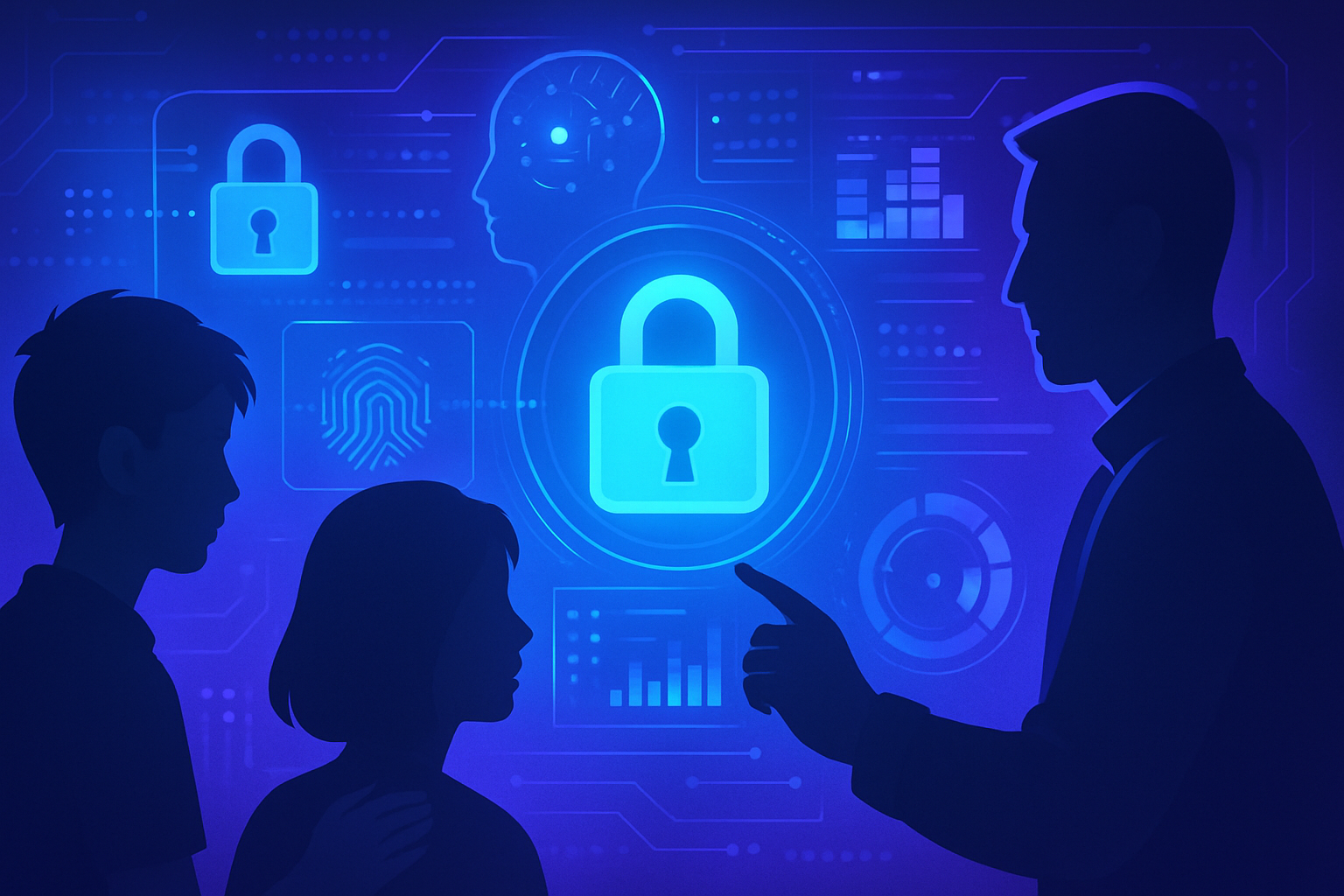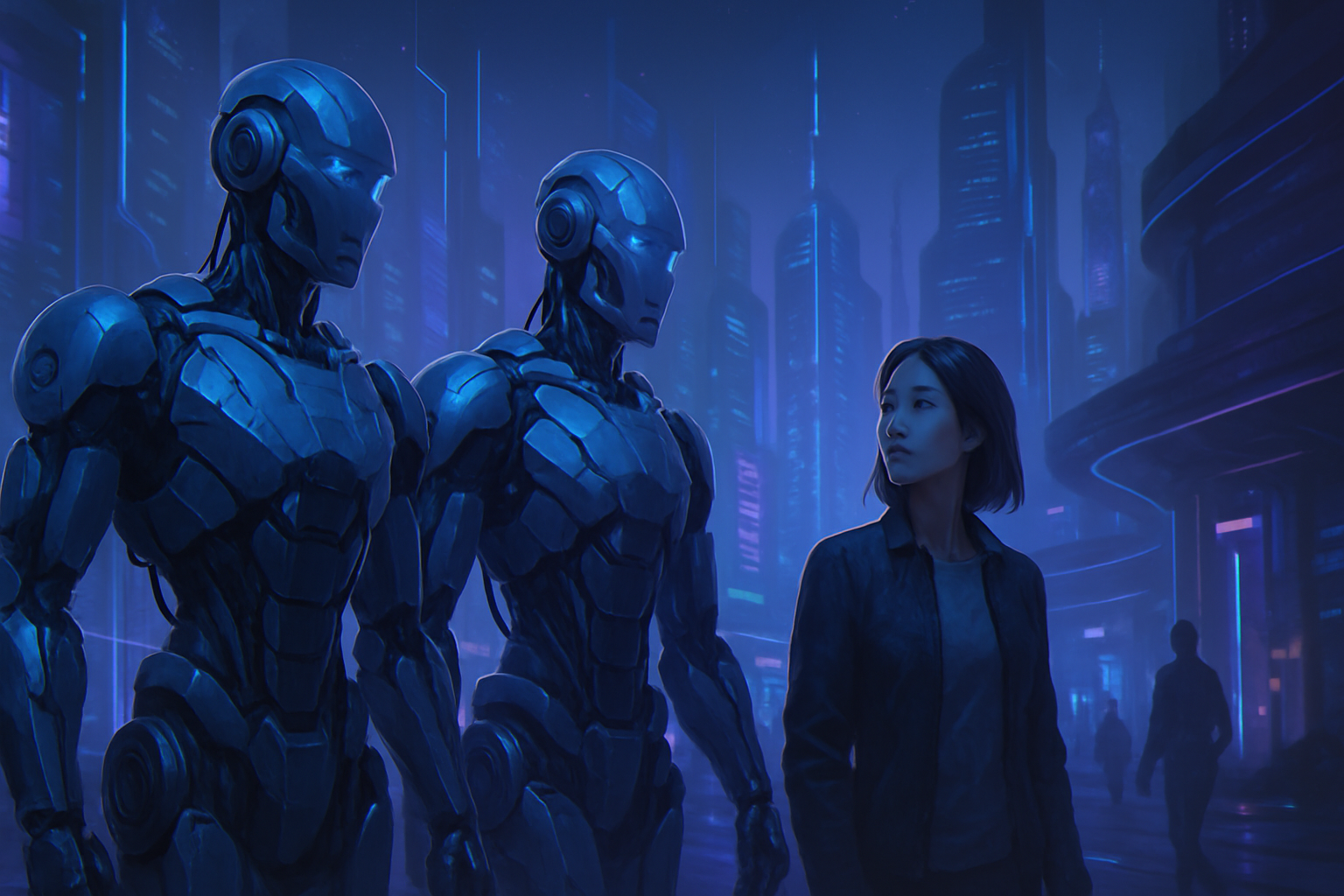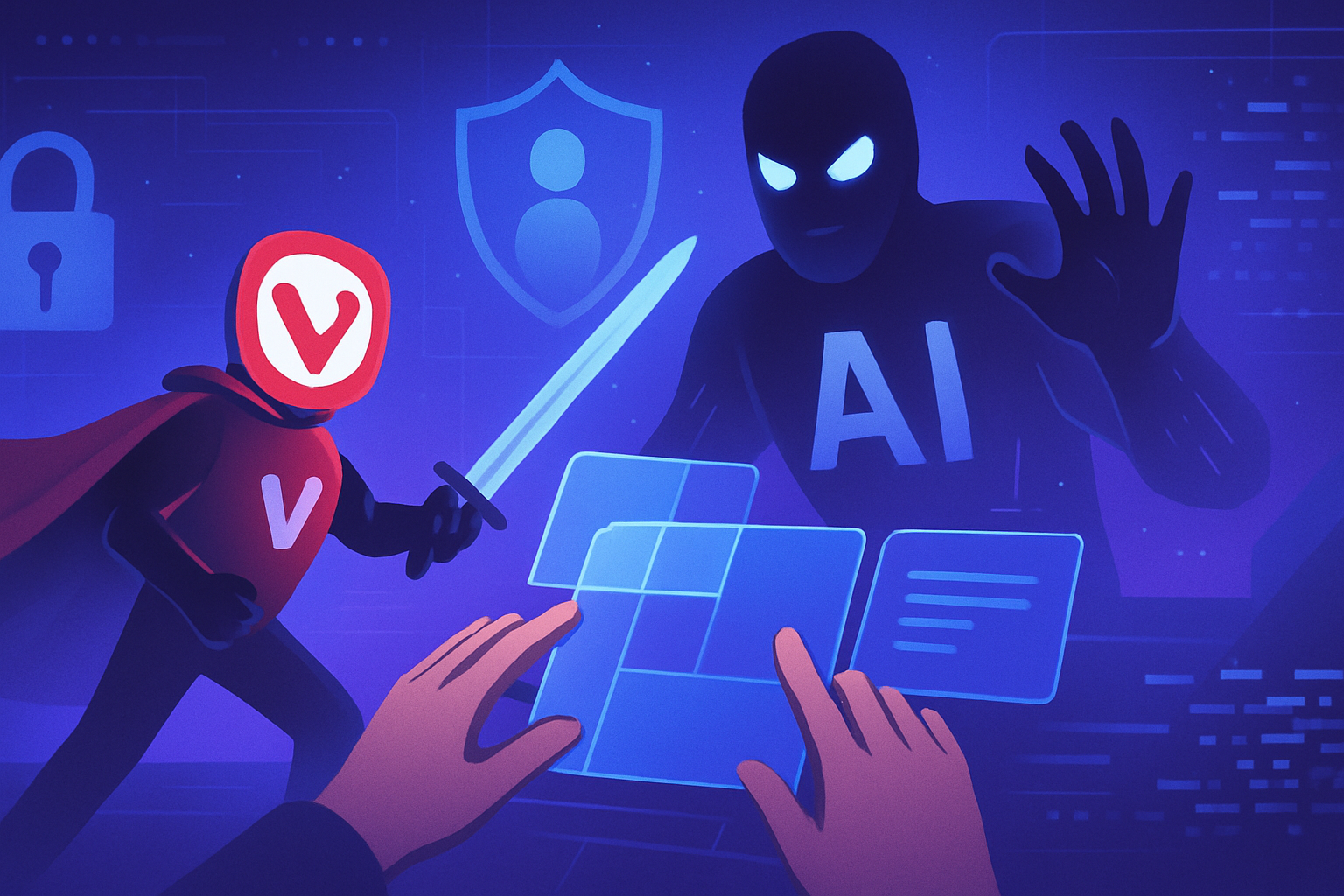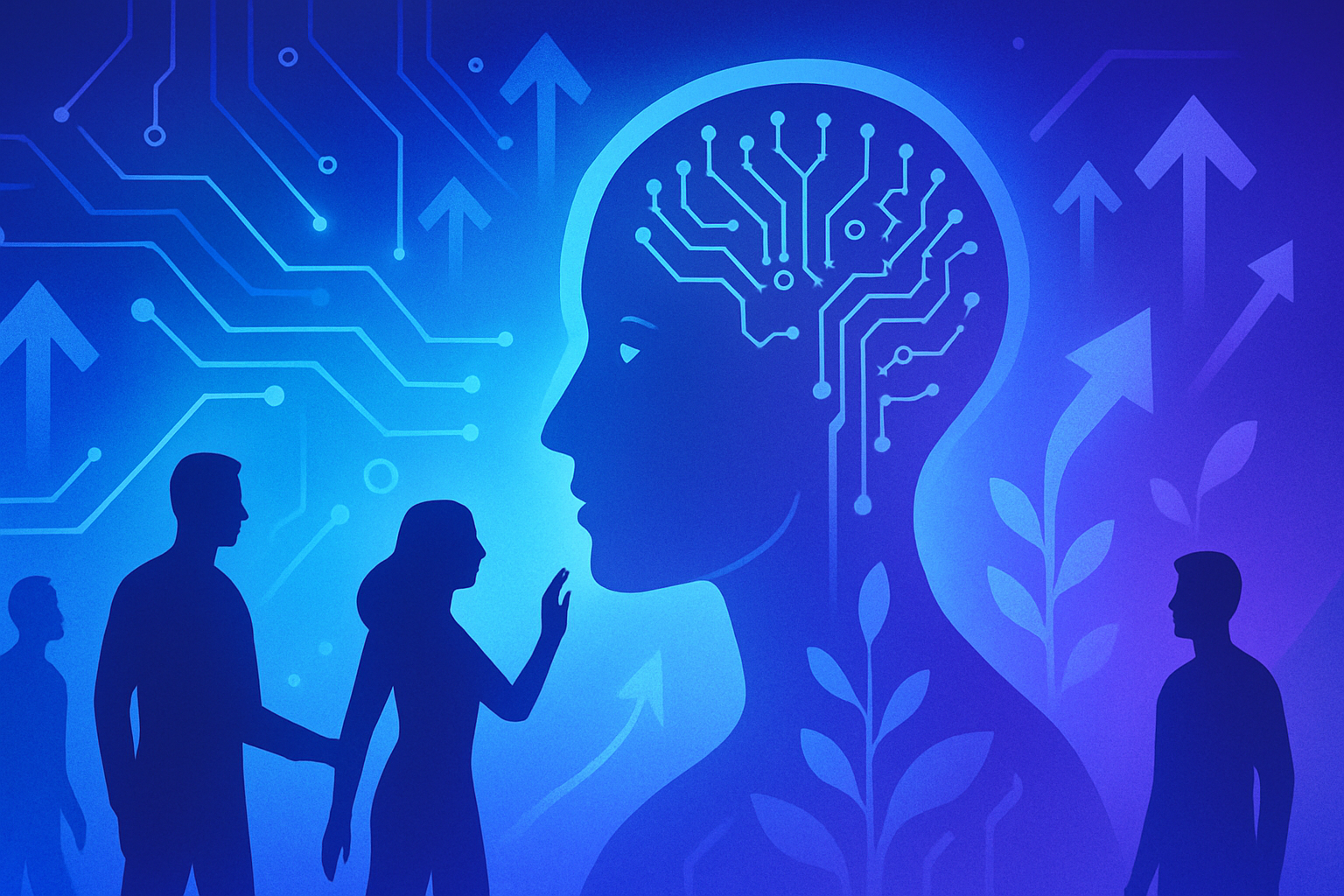The debate surrounding the British government’s proposals regarding artificial intelligence and copyright is causing palpable tensions within the artistic community. Iconic figures in music, such as Paul McCartney and Elton John, are standing up as defenders of creators’ rights. These personalities fear that AI could hinder authentic creativity and expose artists to a risk of deprivation of their fundamental rights.
Creators’ Concerns About AI
British artists, including Paul McCartney and Elton John, express fears regarding the government’s proposals concerning the use of artificial intelligence (AI) in the music field. During a time of copyright reform, the growing use of AI technologies raises major questions related to the protection of creative works. Artists denounce a potential for plagiarism that could develop without appropriate regulation.
Copyright in Question
The reform proposed by the British government would facilitate AI companies’ access to musical works. This raises concerns about unauthorized exploitation of artists’ creations. Paul McCartney, for example, fears a true deprivation of musicians’ rights if AI is allowed to take advantage of their music without payment or consent.
In Defense of Artists
Major players in the music industry are demanding stronger protection against artificial intelligence. These artists specify that the current resources to safeguard their rights are insufficient, especially in the face of technologies capable of generating creations based on existing repertoire. Elton John advocates for a revision of copyright rules to ensure that creators maintain control over their work.
Government Proposals: Gaps and Inconsistencies
Currently, some proposals provide for reserve rights allowing artists to protect their music. However, these measures remain vague and lack a solid legal framework. Experts are questioning the government’s willingness to genuinely defend artists in the face of constantly evolving technology. The implications of AI on artistic creation could transform the very dynamics of the sector.
A Collective Reaction from Creators
Several movements are forming to contest these proposals. Artists and authors, including Thom Yorke, are uniting their voices to demand a clear and fair legal framework regarding copyright. Actions are being initiated to warn the government of the harmful consequences of a too-rapid adoption of technologies. This divide reflects a collective awareness of the stakes of AI.
Potential Economic Repercussions
The impact of AI on creators’ revenues could be disastrous. Fears of a dilution of copyright could lead to a significant loss of income for artists. Analyses indicate that billions of euros could be threatened by this technological evolution if the warnings from creators are not heard and taken into account.
Robust protection measures must be considered to ensure a future where human creativity will prevail. The current dynamic of political commitments and artistic movements expresses a desire for a significant overhaul of regulatory choices in the field of art and artificial intelligence.
Calls for Dialogue and Collaboration
Interactions between the government and creators must be strengthened to ensure balanced regulation. Joint initiatives and discussions around the protection of works should take place in public debate. Raising awareness about the issues linking AI and copyright could offer beneficial perspectives for all stakeholders involved in the creative sector.
FAQ on Creators’ Opposition to the British Government’s Proposals on AI and Copyright
Why are creators concerned that AI will affect their copyright?
Creators worry that the unregulated use of AI to create or reproduce musical works could lead to a loss of control over their creations, depriving them of fair compensation.
What are the main arguments from artists against the proposed reforms?
Artists argue that the reforms allow AI companies to exploit their works without consent, which would harm their creativity and economic viability.
How do musicians like Paul McCartney express their dissatisfaction?
Paul McCartney and other artists use their fame to pressure the government, alerting the public and decision-makers about the dangers of these proposals for creators.
What consequences could this have for emerging artists?
Emerge artists may find themselves in an even more vulnerable position, as they often lack the resources necessary to protect their works from unauthorized AI use.
What protections are creators demanding regarding AI?
Creators are seeking legal guarantees to ensure their music cannot be used by AI systems without their explicit consent.
Do the government proposals include compensation mechanisms for creators?
Currently, the criticized proposals lack sufficient measures to ensure fair compensation for creators whose works could be used by AI.
How are creator organizations reacting to these proposals?
Many creator organizations are mobilizing to organize awareness campaigns and pressure authorities to strengthen copyright in the context of AI.
Why is copyright protection crucial for artists?
Copyright protection ensures artists recognition and compensation for their work, which is essential for maintaining the viability of their careers in a competitive creative environment.
What alternatives are proposed by creators to manage the impact of AI?
Creators suggest regulations that guarantee clear rights, as well as open discussions with AI companies to find balanced and respectful solutions for artists’ rights.
